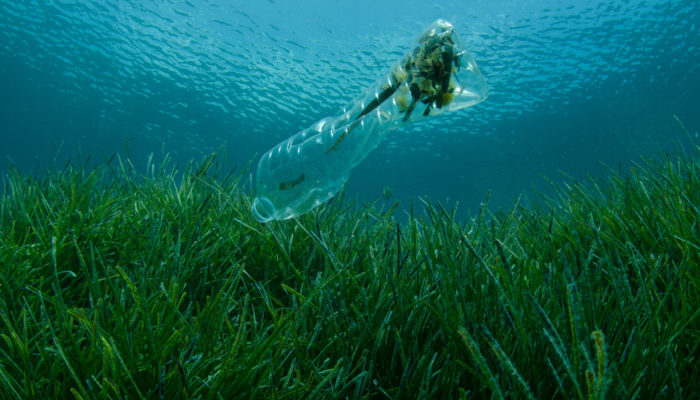All too often organisations can claim sustainability initiatives that don’t really do much to help the environment, known as ‘greenwashing’. For several years, EGU has committed – both in terms of our resources and the research we support – to help create a cleaner and greener environment in real terms. One of the most significant initiatives is our switch to a fully hybrid meeti ...[Read More]
Why single solution strategies cannot solve the plastic pollution problem
It appears that plastics have well and truly invaded even our most inaccessible environments: the deepest point in the ocean (the Mariana trench) and the highest mountain peak in the world (Mt. Everest) both contain pieces of plastic from human activities miles away. With plastic waste flowing into aquatic ecosystems expected to nearly triple by 2040, it is safe to say that nature is in “emergency ...[Read More]
Help us make a greener EGU23 in just 5 steps!
For several years, EGU has committed – both in terms of resources and research – to help create a cleaner and greener environment. As our biggest event of the year (EGU23) soon approaches, nearly 14,000 people are expected to travel to Vienna for the week-long conference. An event of this scale can impact the environment any number of ways. The good news? Even the smallest of actions can help miti ...[Read More]
Geopolicy: Combating plastic pollution – research, engagement and the EU Plastic Strategy

Awareness around the prevalence of plastic pollution, particularly in our oceans, has been growing over the last few years. This is not surprising considering that plastic production has surged from 15 million tonnes in 1964 to 311 million tonnes in 2014 and models have shown that this number will double again within the next 20 years in a business as usual scenario. Furthermore, research conducte ...[Read More]



